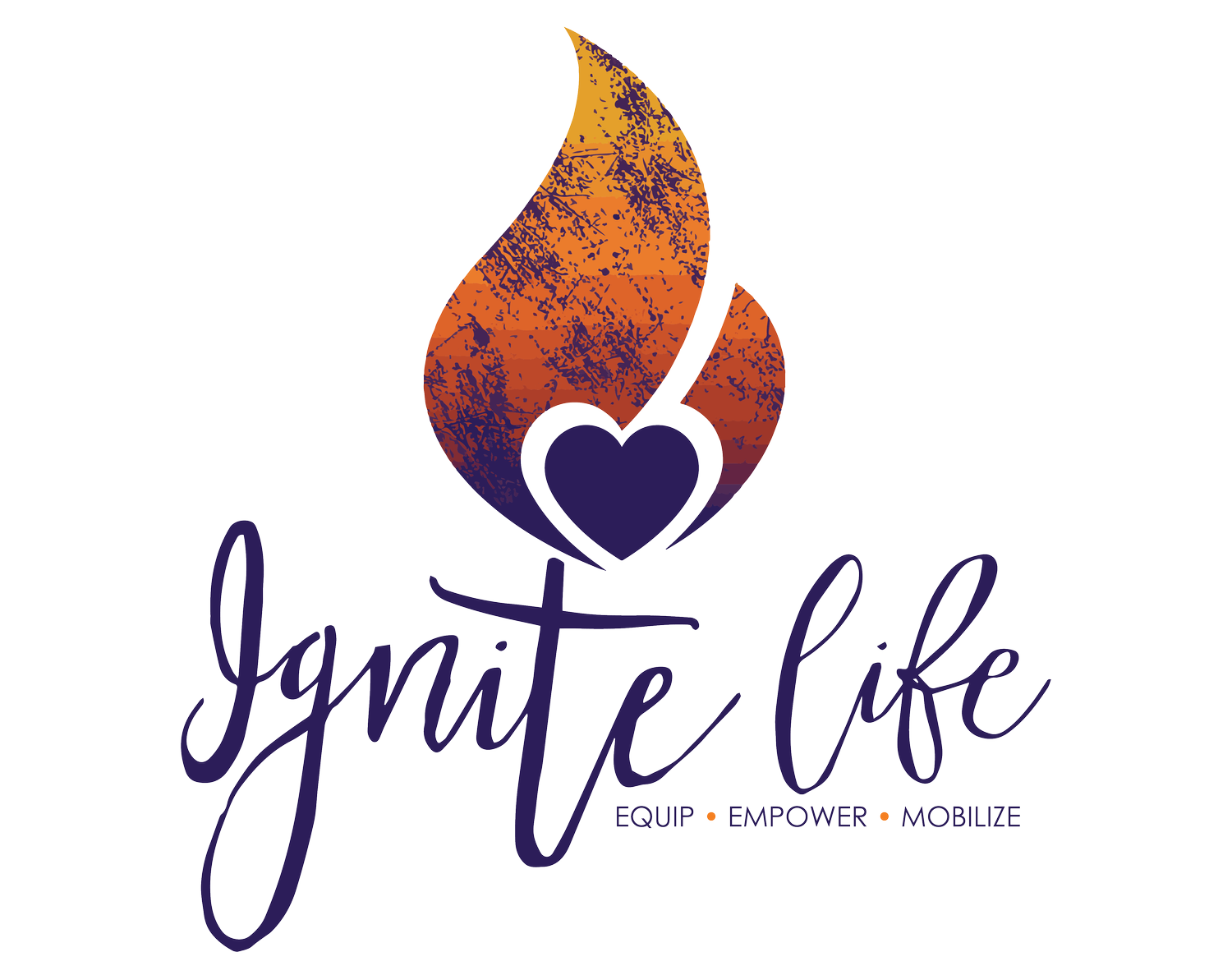Revive My Hope
Hope succinctly defined is the “purpose behind persistence.” In my opinion, it is a simple definition worth memorizing. Why memorize it? Simply because the concept of hope and its function in our daily lives will show up thousands of times over our lifetime. Whenever we ask ourselves, “Why am I doing this or that? Why persist in this role, this journey, this relationship? Such questions always serve up the ministry and necessity of hope, for hope is associated with everything we do and say.
Without question, hope needs to be revived regularly.
As mentioned in a blog last year, hope, operationally defined, is like a giant bird swooping down to the depressed prophet Jeremiah’s valley of despair (see Lamentations 3: 17-23), grabbing him with its giant claws and flying the prophet to a heightened perch so that he can see the “Promised Land” beyond his present circumstances. It is why reestablishing hope is essential for anyone tempted to give up on a difficult but redemptive, and therefore necessary, journey. The gift of hope always clarifies the “whys” of our path. The gift of hope secures the fuel necessary for perseverance.
Again, hope is the purpose behind our persistence. Hope provides the clarity on why we mustn’t give up in a particular role, ministry, or relationship. It pushes us to identify our “promised land,” the “why” behind our effort and persistence.
“Reviving hope,” essentially, is the process of clarifying one’s “promised land.” Think of the people of Israel wondering in the wilderness for nearly forty years, following the “cloud by day and the fire by night (Exodus 13: 21).” Each day would bring new challenges to their persistence. Reviving their hope would inevitably mean that they would have a fresher picture of the benefits of the “land of milk and honey” that characterized their “promise land (Exodus 3: 8).” Such a “revived,” clearer picture of our journey’s goal naturally helps us get through the sticky muck of difficulties large and small. For Israel 3,400 years ago, the difficulties of the day were almost unworthy to be compared to the glories of reaching the promised land tomorrow.
Certainly our “hope” needs to be revived every day! This is part of the purpose behind regular reminders of the ultimate promises of God related to our journey as His people. He has called us to graciously and wisely cultivate the garden that is our family, our friendships, our community, our churches. Like the “promised land” is the goal of the journey, the “harvest” is the goal of our “gardening” labors. We work faithfully, persistently in the garden because we know that the harvest time is coming.
Ultimately, as followers of Jesus, our life’s “promised land” and its “harvest” are exactly the same events—the second coming of our Lord or our physical deaths (whatever comes first). At Christ’s second coming His kingdom will be consummated and His people will eternally dwell in the heavenly land of “milk and honey.” And the end of our life triggers the harvest of our investments in the garden we have tended over the course of our earthly existence.
“Reviving our hope” requires asking ourselves just what we’re ultimately hoping for.
Paul D. Patton, Ph.D., is a professor of communication and theater at Spring Arbor University in Michigan. He has graduate degrees in Guidance and Counseling, Religious Education, and Script and Screenwriting, and a doctorate in Communication with an emphasis in theater arts. He has been married to his wife Beth for over forty years and has three daughters (all actresses)—Jessica, Emily, and Grace, three sons-in-law, David, Joe, and Eric, and four grandsons, Caleb Rock, Logan Justice, Micah Blaze, and Miles Dean.



